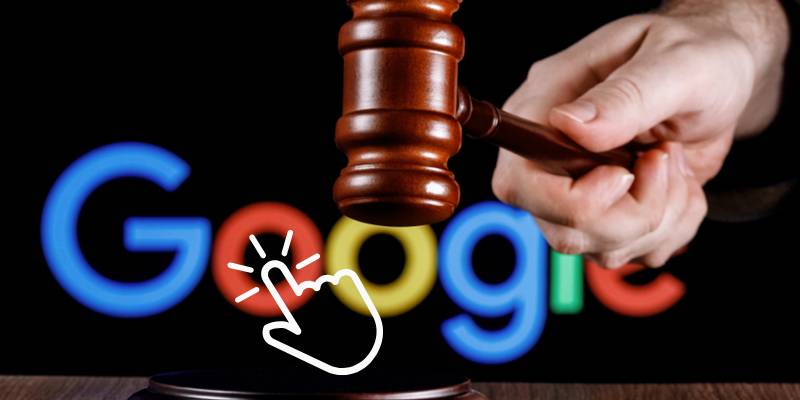Google is facing a major lawsuit from Penske Media — the owner of Rolling Stone, Billboard, and Variety — claiming the tech giant’s “AI Overviews” feature is using their journalism without permission and siphoning off traffic.
The complaint, filed in federal court in Washington, D.C., alleges that Google places these summaries at the top of search results, so readers get what they need without ever clicking through to the original articles.
Penske Media says the damage isn’t small. Since Google launched “AI Overviews,” affiliate and other revenue tied to clicks from Google search has dropped by over a third.
They argue Google essentially forces publishers into an unfair choice: allow their content to be used in AI summaries (thus losing traffic) or block Google access—and risk vanishing from search results altogether.
What Google Says & Why the Battle Matters
Google defends its feature, saying AI Overviews improve user experience by helping people find quick answers, and that they still send “billions of clicks daily” to publishers. According to them, users discover more content thanks to the summaries.
But here’s where things get hairy: publishers claim that when people see a summary that’s “good enough,” many don’t click through. That’s a big problem when your business depends on page views, ad impressions, and affiliate links.
The lawsuit is being watched closely, because it could set a precedent for how publishers get compensated (if at all) when their content is reused by AI-powered systems.
Background That’s Not Always Spotlighted (My Thoughts)
It feels like we’re at a tipping point in the way content is sourced, shared, and monetized online. The tension between AI convenience and creator rights has been brewing for a while:
- Similar copyright lawsuits are popping up: Encyclopaedia Britannica and Merriam-Webster have both sued Perplexity AI for using their content in summary / answer-engine style features without permission.
- There’s increasing regulatory attention on how big tech uses content. Publishers want licensing deals; governments are starting to ask tough questions.
From where I stand, this lawsuit seems less about Penske being greedy and more about drawing a line. If “AI Overviews” become the norm without compensating publishers, the incentive for investigative, long-form, or niche journalism may shrink.
What Could Happen Next
Here are a few possible outcomes, with a bit of speculation (because, well, that’s part of being a reporter):
- Google might be forced to negotiate licensing or compensation agreements with publishers.
- Courts could require Google to give clearer attribution or opt-outs for publishers who don’t want their content used in AI summaries.
- The ruling might define “fair use” (in the U.S.) more clearly in the context of AI-generated summaries—which would have ripple effects for many AI tools and for publishers big and small.
- On the flip side, if Google wins, they’ll likely argue the practice is legal under existing copyright precedents, especially if they can show that summaries are “transformative” or fall into exemptions.
My Take
This isn’t just legal drama—it’s a question of what kind of internet we want. Do we want fast answers with less original content? Or do we value depth, context, and the people who invest in producing journalism? There’s room for both, but it has to be fair.
Publishers like Penske have a point: content takes time, effort, and money. If AI features owe their usefulness to that content, it makes sense to expect some share of value in return.

